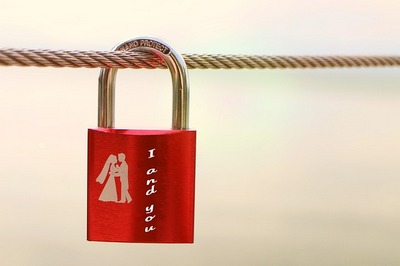Tag Archives: karaoke
Denver’s 36th Kohaku Uta Gassen singing contest a showcase for extreme karaoke
It stands to reason that the country that invented karaoke is one that takes karaoke very, very seriously. It takes singing to backing tracks so seriously that in Japan, Kohaku Uta Gassen, the annual singing showdown that airs live on New Year’s Eve, has been like the Super Bowl of the country’s broadcasting industry, drawing […]
